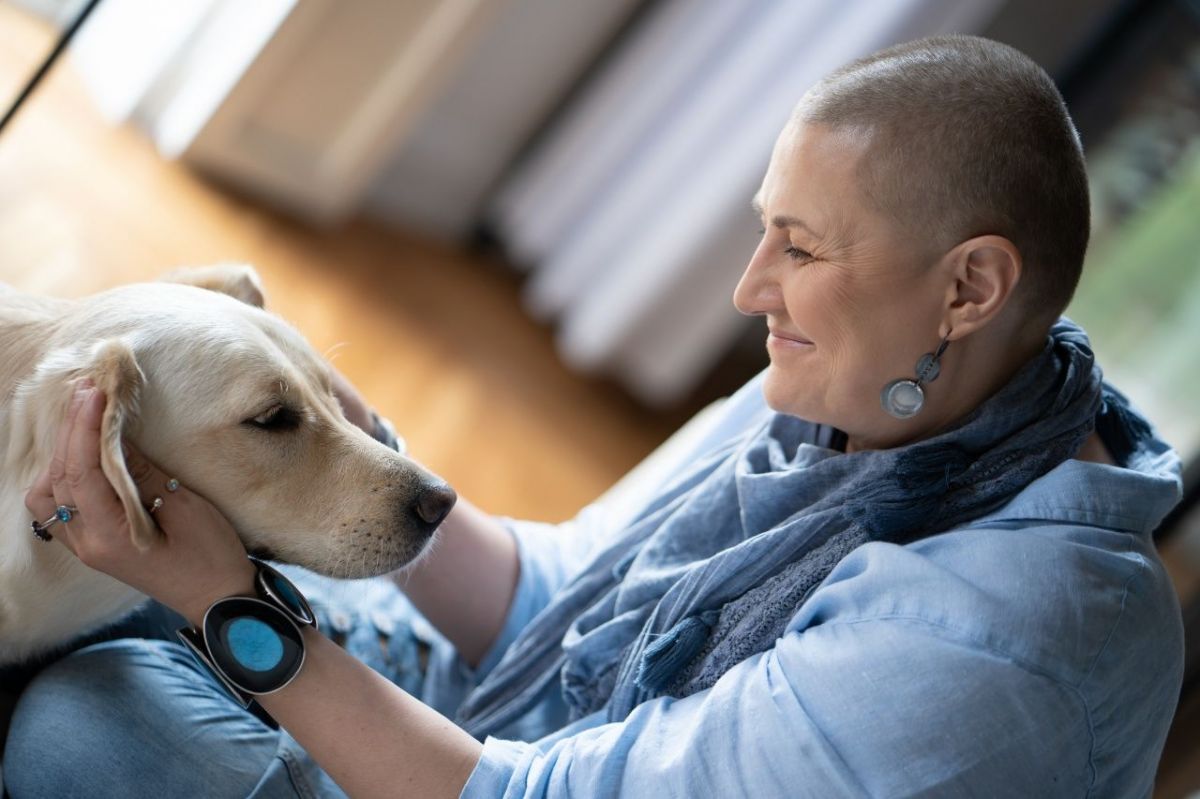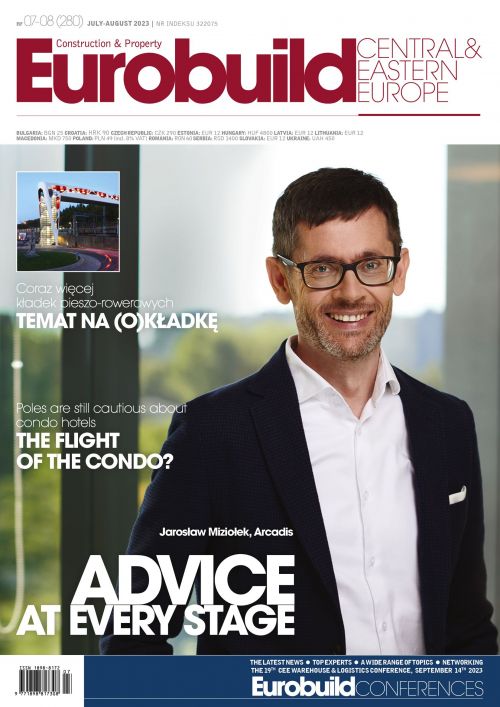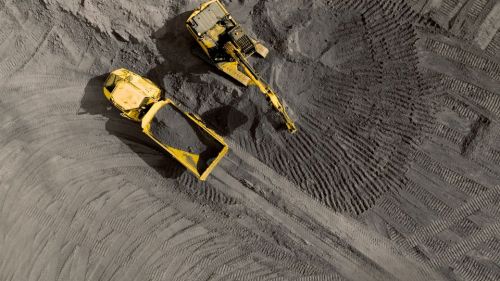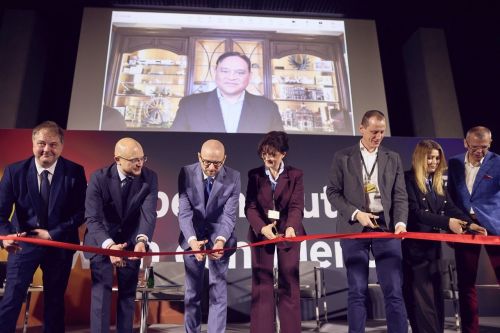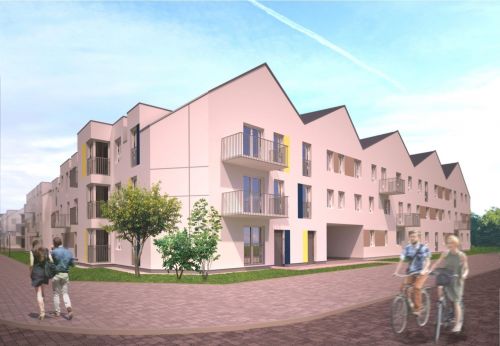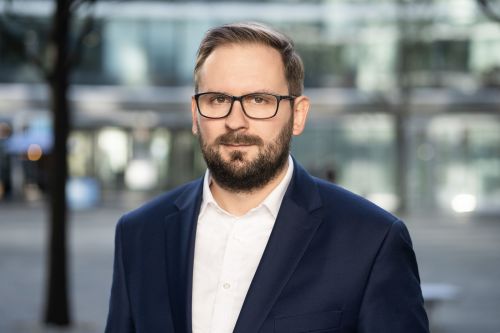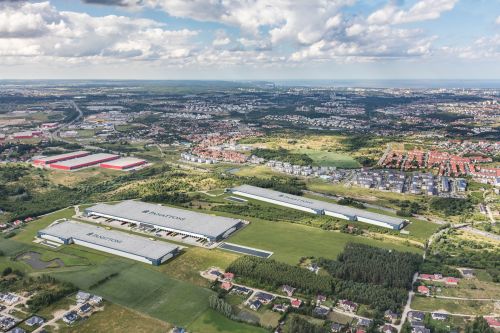You’ve been well-known on the real estate market for the last twenty years. Why have you now set up a foundation in an entirely different sphere?
Paulina Krasnopolska, the vice-president of the Portus Vitae foundation: In 2017, after 21 years spent in consultancies, including almost 14 years at CBRE and over seven years at JLL, I decided that I wanted to work from home to a different daily rhythm and spend more time with my children and family. For a few months I worked as a freelancer for such companies as Skanska and CBRE. Then, in 2018, I joined Reed Midem (now called RX France), which is the organiser of the Cannes real estate fair. Then the pandemic came along and a few months later I was diagnosed with cancer. After undergoing chemotherapy, I was left very weak and had no hair. I had no idea what I wanted to do with my life. My very old friend Ewa Dąbrowska then approached me and said that we had to set up a foundation to promote diversity mindfulness and wellbeing in co
